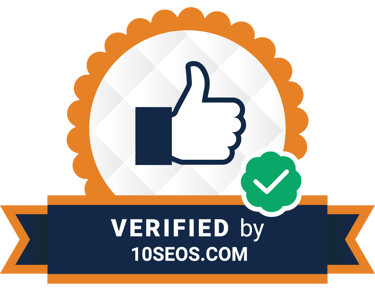LSI Keywords Are Dead: Focus on Semantic SEO Instead
For years, the term "LSI keywords" has floated around the SEO world. While the concept of using related terms is valuable, the term itself is a bit of a misnomer. Let's dive into what's really going on with how search engines understand content and how you can optimize your pages for better rankings.
Vinay Jain
12/23/20242 min read


The Myth of LSI Keywords
The idea behind LSI (Latent Semantic Indexing) keywords was that search engines used a specific algorithm to identify words and phrases closely related to a primary keyword.
However, Google has explicitly stated that they don't use LSI as a direct ranking factor.
So, if someone tells you to optimize for "LSI keywords," they're likely using outdated terminology.
How Search Engines Actually Understand Content
Instead of relying on a rigid LSI algorithm, modern search engines like Google employ far more sophisticated methods.
They analyze the entire context of a page to understand its topic.
This involves considering various factors, including:
Semantic relationships: How words and phrases relate to each other within the text.
User search intent: What users are actually looking for when they type a specific query.
Contextual clues: The overall theme and topic of the page, as determined by the combination of words and phrases used.
Other ranking factors: Backlinks, user experience, page speed, and more.
The Importance of Related Terms (Semantic SEO)
Even though "LSI keywords" isn't technically accurate, the underlying principle of using related terms is still crucial for SEO.
By including semantically related words and phrases in your content, you help search engines understand the context and depth of your topic.
Think of it this way:
if you're writing about "baking bread," simply repeating the phrase "baking bread" over and over won't be as effective as using related terms like "yeast," "dough," "oven temperature," "kneading," and "proofing."
These related terms provide context and signal to search engines that your content comprehensively covers the topic.
Finding Semantically Related Terms
Here are some effective ways to find terms related to your main topic:
Brainstorming: Start by thinking about all the words and phrases associated with your target keyword. What other concepts are closely related?
Google Autocomplete: Type your target keyword into Google and see what suggestions appear in the autocomplete dropdown. These are often valuable related terms.
Google Related Searches: After performing a search, scroll to the bottom of the results page. Google provides a list of "Searches related to..." which can offer further insights.
Analyzing Top-Ranking Pages: Examine the content of pages that already rank well for your target keyword. Pay attention to the terms they use beyond the main keyword.
Keyword Research Tools: Many keyword research tools (including Google Keyword Planner) offer suggestions for related keywords and concepts.
How to Use Related Terms in Your Content
The key is to use related terms naturally within your content.
Don't stuff them in unnaturally; focus on creating high-quality, informative content that covers the topic comprehensively.
You can include related terms in:
Title tags and meta descriptions: These elements provide important context to search engines.
Headings (H1-H6): Use related terms in your subheadings to structure your content and provide further context.
Body text: Weave related terms naturally throughout your content.
Image alt text: Describe your images using relevant terms.
Focus on Comprehensive Content
Ultimately, the goal is to create content that thoroughly covers a topic and provides valuable information to users. By focusing on semantic SEO and using related terms naturally, you can help search engines understand your content better and improve your chances of ranking higher. Forget the outdated "LSI keywords" concept and embrace a more holistic approach to content optimization.
Need Help with Your SEO Strategy?
Optimizing your website for search engines is essential for online success.
At Skyline Digital Lab, we focus on creating comprehensive content strategies and using semantic optimization to help you improve your search rankings. If you'd like to learn more about how we can help, we encourage you to get in touch.
Skyline Digital Lab
Empowering businesses with impactful digital solutions.
White Label Services
+91-8871333442
© 2025 All rights reserved.
PPC
Social Media Marketing
Web Design & Development
Address
Jabalpur, M.P. India.







